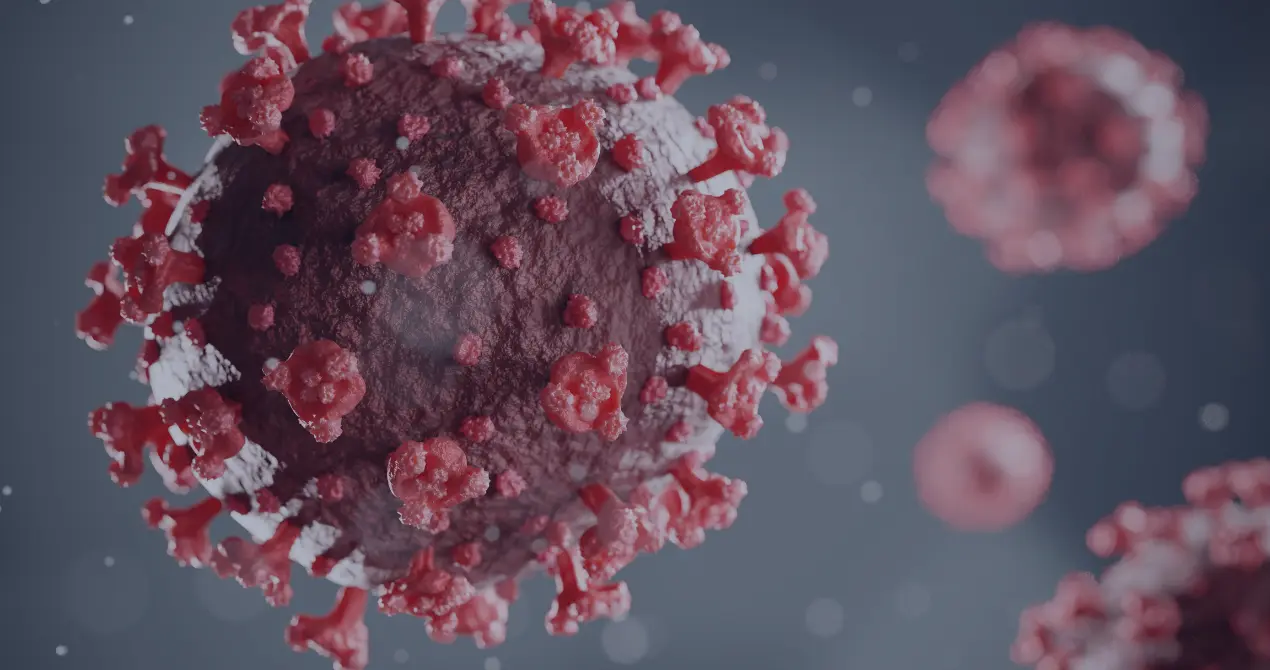

The freezing of eggs, also known as cryopreservation, is a relatively new procedure that tries to achieve the goal of creating a pregnancy and live birth at a time when the fertility of the patient may be compromised. In addition, it has an adequate success rate depending on the woman’s age and the quality of eggs when they are thawed. The procedure involves the beginning of the in-vitro fertilization (IVF) procedure, which stimulates the ovaries of a woman in order to produce eggs which are then surgically removed and fast-frozen using a technique called “vitrification.” This technique converts the eggs into a glass-like state, so that they can be thawed and fertilized in a laboratory in the future.
There is a 30% to 60% chance of becoming pregnant after having the defrosted eggs implanted. However, this chance decreases the older the patient gets at the time of the freezing. Therefore, it is recommended that women over the age of 38 carefully evaluate the implications of the egg freezing process, as the condition of their eggs will disintegrate significantly after this age.
There are a couple of reasons why women consider freezing their eggs in general, although in these present times, the health conditions that have arisen from the COVID-19 pandemic have overwhelmingly been a major reason why women have decided to put their pregnancies on hold and freeze their eggs. Some of those reasons include:
Furthermore, there are some risks to freezing eggs, like:
Now it is time to look at how the COVID-19 pandemic has caused a rise in people considering the option of egg freezing.

Fertility clinics have reported that they have received inquiries from women about egg freezing because lockdowns due to the COVID-19 pandemic have caused these women to reflect on their futures as potential mothers, especially given that opportunities to meet potential life partners have been greatly diminished. Basically, these women want to choose the option of “social” egg freezing, which means that these women want to freeze their eggs because of reasons related to their lifestyles rather than their medical conditions.
In addition, people are scared to conceive the artificial way during the COVID-19 epidemic, as there is not an accessible vaccine available yet to inoculate people against COVID-19. Therefore, because of this fear, the American Society for Reproductive Medicine (ASRM) has issued recommendations that fertility clinics should suspend elective surgeries and non-urgent diagnostic procedures (such as ultrasounds or blood work to determine any fertility issues) and the initiation of new cycles of treatments, including intrauterine inseminations (IUIs) and IVF treatments. In addition, ASRM has also advised clinics to consider canceling all transfers of embryos (frozen and fresh). However, women who are already considered “in-cycle,” or are taking ovary-stimulating medication and are in need of imminent retrieval and cryopreservation services, could continue to receive care, as long as there are added precautions and an effort to limit in-person interactions in place at the fertility clinics.

We do not know when the COVID-19 pandemic will end, or even if it will end. However, life will go on, and it should go on. You should have the opportunity to want to conceive a child on your terms, and at a time when you are prepared, with the help of the process of egg freezing.